Scientists Tracked 540,000 Diets For 30 Years. The Findings On Ultra-Processed Foods Are Shocking.
Whether you’re grabbing a quick deli meat sandwich from the grocery store or sipping on a soda for an afternoon pick-me-up, there's a solid chance you'll encounter several ultra-processed foods (UPFs) as you go about your day. But while UPFs are certainly delicious and convenient, research consistently suggests that consuming a lot of these foods in your diet isn’t great for your health.
In fact, a new study hammers that finding home. The findings suggest that having a diet that’s heavy in UPFs could actually shorten your lifespan. These foods make up about 70 percent of our food supply, making it very tricky to avoid them entirely. But the study's findings definitely provide a little extra motivation if you’re looking to cut back and find. Here’s everything to know about the new data and what it could mean for you.
: Jessica Cording, RD, CDN, is author of ; Keri Gans, RDN, is author of
For the study, which was published in the journal Nature Medicine, researchers followed more than 540,000 American adults between the ages of 50 and 71, and tracked their diets for nearly 30 years. More than half of the people in the study, which started in the mid-1990s, have since died. The researchers looked at the death rates of people who ate the most UPFs and those who ate the least, and also drilled down on the types of UPFs they ate.
The researchers discovered that having a diet heavy in UPFs was linked to a higher risk of developing type 2 diabetes, heart disease, and colorectal cancer, along with about a 10 percent higher risk of early death. Processed meat (think: deli meat and hot dogs) was linked to an 11 percent increase in type 2 diabetes risk and a 7 percent higher risk of developing colorectal cancer. Sugar-sweetened beverages like sodas led to an 8 percent higher risk of type 2 diabetes and a 2 percent higher risk of heart disease.
The researchers stressed that more research is needed, but say the findings only add to the growing recommendations that people cut back on their ultra-processed food intake.
The level of processing that food undergoes before it ends up on our table is classified by a system known as the NOVA scale. This breaks foods into four categories, explains Jessica Cording, RD, CDN, author of The Little Book of Game-Changers:
There are several things that could be at play here. For starters, UPFs are linked with a higher risk of developing serious health issues like heart disease and colorectal cancer, and having those conditions raises your risk of early death.
It's likely related to inflammation, says Keri Gans, RDN, author of The Small Change Diet. “Diets rich in ultra-processed foods may cause inflammation in the body, which over time may increase the risk of heart disease, type 2 diabetes, cancer, and other serious health issues that can reduce your lifespan,” she says.
There are a few reasons why these foods aren’t great for your heart. “Ultra-processed foods are often high in added sugars, saturated fats, and sodium, which may increase blood pressure, LDL (“bad”) cholesterol, and inflammation, all key risk factors for heart disease,” Gans says.
But eating a lot of UPFs also means that you’re likely crowding out healthier choices, Cording points out. “If someone is eating a lot of ultra-processed foods that don’t offer much in the way of important vitamins and minerals, and over-consuming sugar, preservatives, and empty calories, it can set someone up for adverse health issues,” she says.
This food category is quite broad and includes things like bars and protein powders, along with stuff people typically think of, like hot dogs and sodas. While dietitians stress that whole foods are best, Cording says you don’t need to freak if you grab the odd bar to tide you over until dinner. “It’s really the overall diet pattern that matters,” she says.
Still, if you’d prefer to cut out or cut down on UPFs in your life, Gans recommends filling your plate with whole foods first. “Focus on eating more whole foods, such as fruits, vegetables, whole grains, legumes, nuts, and lean proteins, which naturally leave less room for ultra-processed ones,” she says. Reading ingredients lists is also helpful, Gans adds. “Look for lengthy lists that include added sugars, saturated fats, and excessive sodium,” she suggests.
The experts also know that it's difficult to be perfect here. “You don’t have to cut everything out, but being mindful helps,” she says.
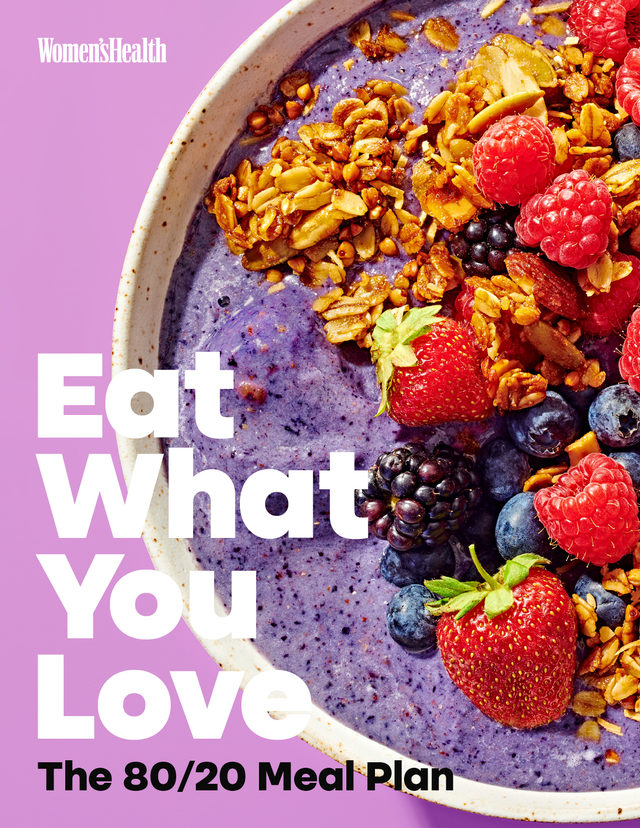
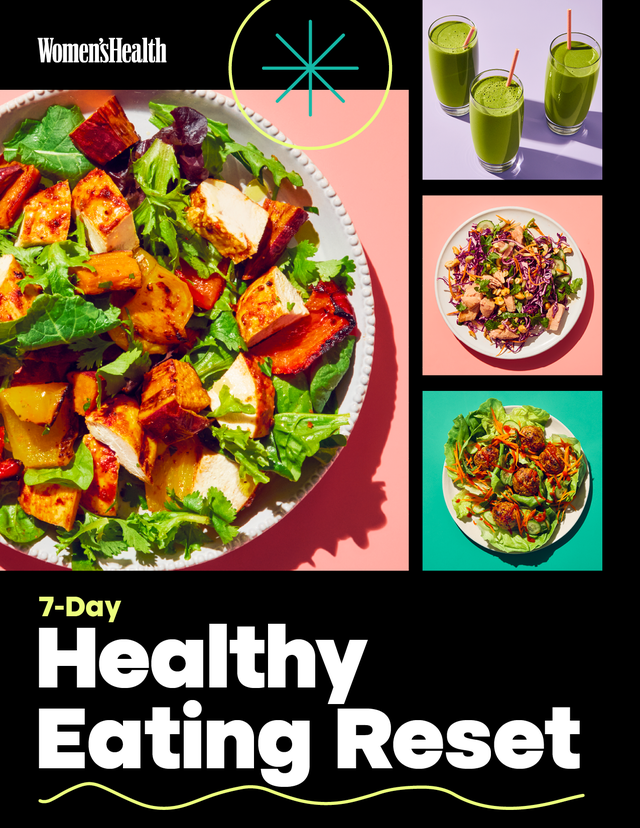
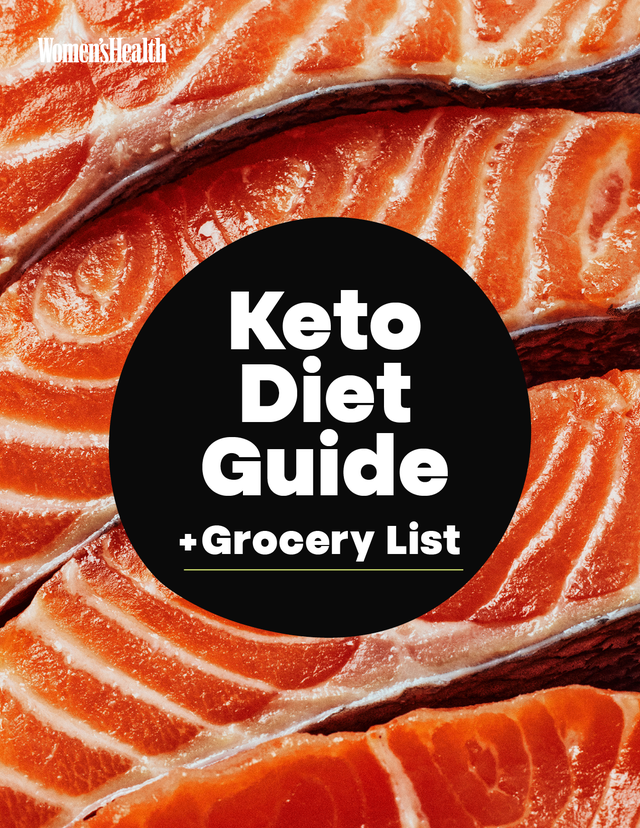
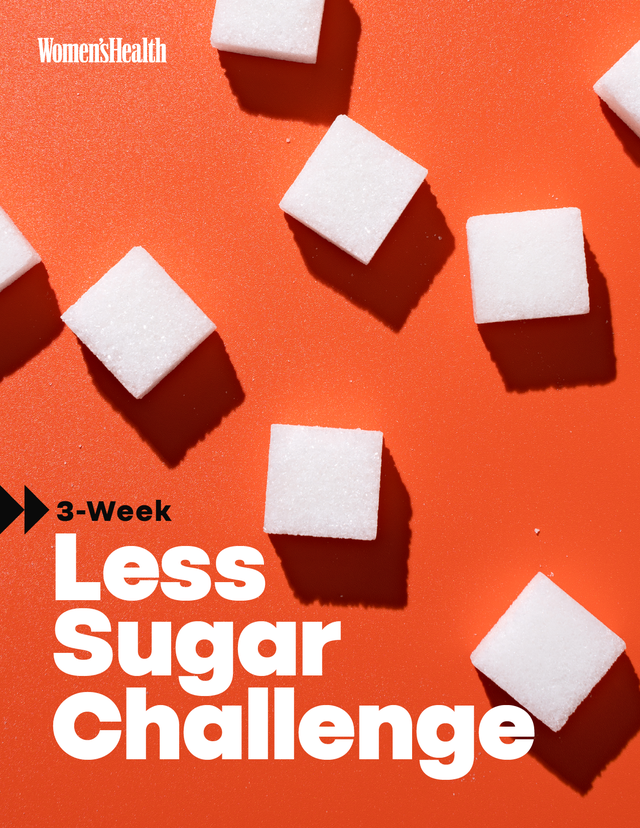
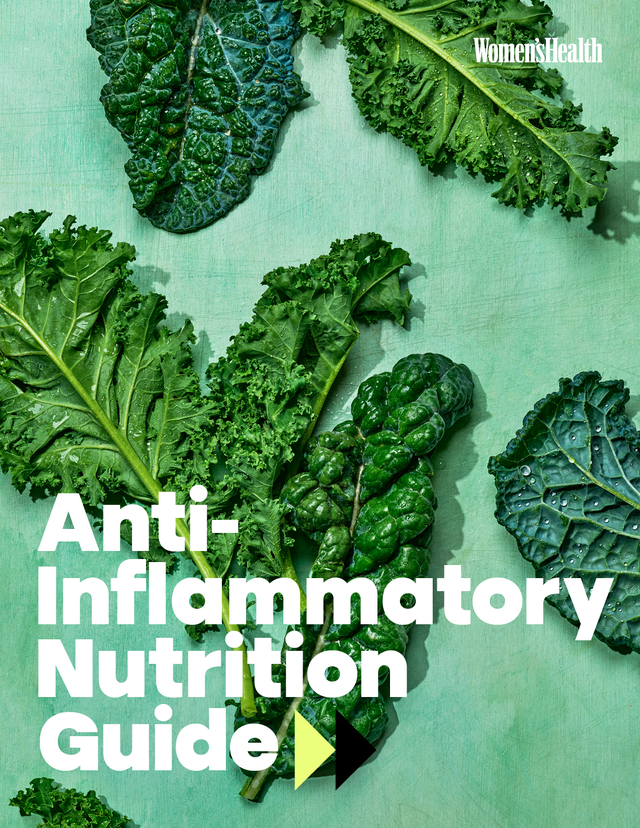
You may also like...
Diddy's Legal Troubles & Racketeering Trial

Music mogul Sean 'Diddy' Combs was acquitted of sex trafficking and racketeering charges but convicted on transportation...
Thomas Partey Faces Rape & Sexual Assault Charges

Former Arsenal midfielder Thomas Partey has been formally charged with multiple counts of rape and sexual assault by UK ...
Nigeria Universities Changes Admission Policies

JAMB has clarified its admission policies, rectifying a student's status, reiterating the necessity of its Central Admis...
Ghana's Economic Reforms & Gold Sector Initiatives

Ghana is undertaking a comprehensive economic overhaul with President John Dramani Mahama's 24-Hour Economy and Accelera...
WAFCON 2024 African Women's Football Tournament

The 2024 Women's Africa Cup of Nations opened with thrilling matches, seeing Nigeria's Super Falcons secure a dominant 3...
Emergence & Dynamics of Nigeria's ADC Coalition

A new opposition coalition, led by the African Democratic Congress (ADC), is emerging to challenge President Bola Ahmed ...
Demise of Olubadan of Ibadanland
Oba Owolabi Olakulehin, the 43rd Olubadan of Ibadanland, has died at 90, concluding a life of distinguished service in t...
Death of Nigerian Goalkeeping Legend Peter Rufai

Nigerian football mourns the death of legendary Super Eagles goalkeeper Peter Rufai, who passed away at 61. Known as 'Do...

